The true story of the television scandal that shocked America.
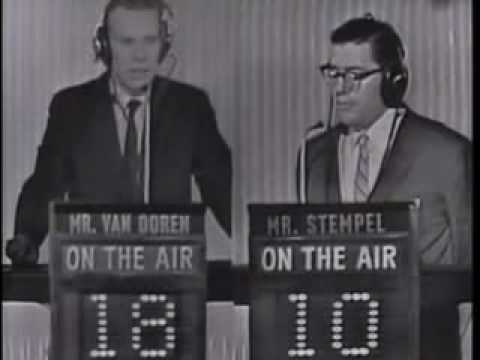
The showdown between the two men continued on December 5, 1956, Stempel having accumulated 66,500 dollars. The first show again resulted in a 21-21 tie. The tension built as the dashing college educator tried to pull off the upset, but in the fourth game Herb Stempel pulled out to a 16-0 lead and seemed on the brink of successfully moving on. 21 had an interesting wrinkle in which contestants were asked after the second round of questions if they wished to stop the game. Because they were in a soundproofed booth they did not know their opponent’s score and were instructed not to discuss specifics when their microphones and headsets were turned backed on.
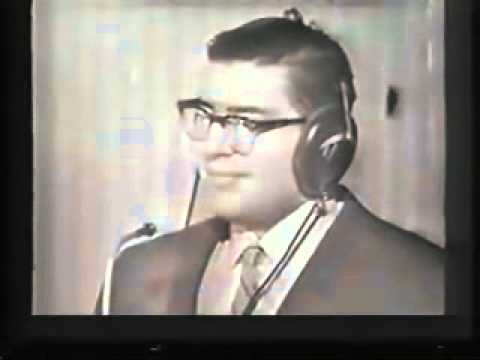
His appearance on 21 should have been a life changing event and a stepping stone to prominence and further achievement. But for a variety of reasons, it hadn’t turned out that way. Stempel’s background was the complete inverse of Charles Van Doren. An only child and a three year old when his father died, Stempel was raised by his mother who left him alone in their Bronx tenement while she worked during the day. An excellent student with a 170 IQ, Stempel did graduate from the academically demanding Bronx High School of Science. Like many Americans, he joined the Army in 1942 and remained in the military for eight years, eventually working in military intelligence. He finally left the service in 1952 to enroll at the City College of NY. While a student, Stempel survived on money provided by a trust fund set up for his wife, Toby, the daughter of a successful hosiery manufacturer.
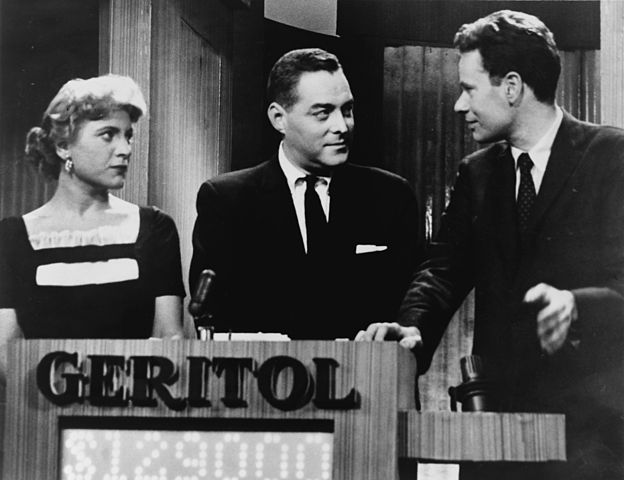
Charles Van Doren finally met his match in Vivian Nearing, an attorney and the wife of a contestant that Van Doren already had defeated. He was tripped up on a question involving obscure current ruling monarchs, failing to identify King Baudoin of Belgium. But, along the way, Charles Van Doren became an overnight celebrity. He won $128,000 on the program and appeared on the cover of the February 11, 1957 edition of Time Magazine with an accompanying glowing profile His appearance and popularity was so impressive that in April of 1957, he was offered a three year contract by NBC at fifty thousand dollars a year.
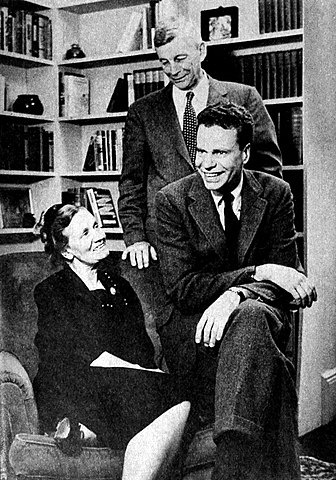
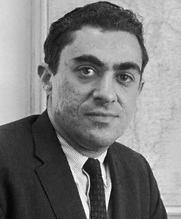
The film Quiz Show focuses on the efforts of one person, Richard Goodwin, played by Rob Morrow, a congressional investigator whose supposed efforts singlehandedly brought the Quiz show scandal to public attention and congressional oversight. In fact, long before Congress or Goodwin got involved, New York newspapers and the Manhattan District Attorney’s office were already investigating rumors and allegations swirling around several quiz show productions.
Podcast: Play in new window | Download
Subscribe: RSS
